Man killed by police pointed rifle at officer during stop, struggled with PTSD and alcohol
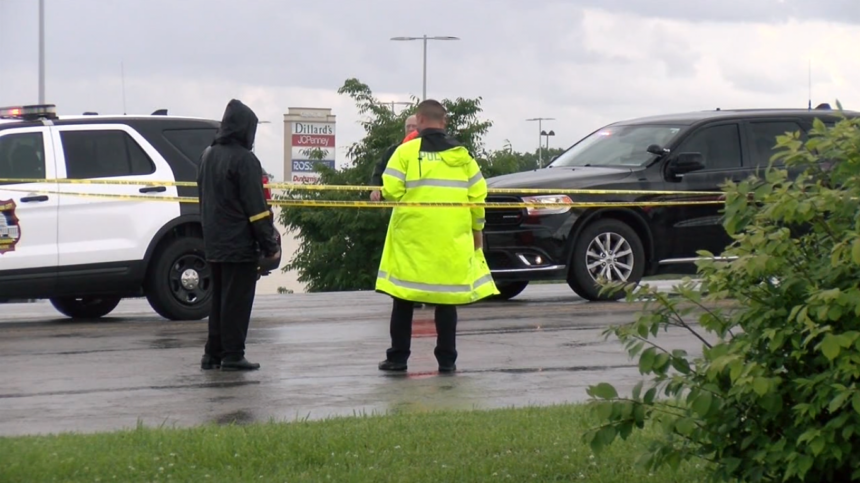
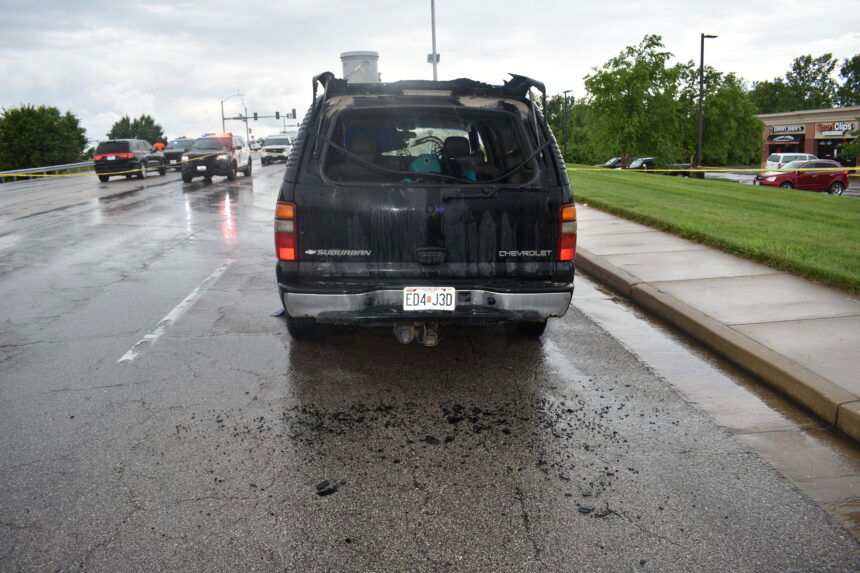
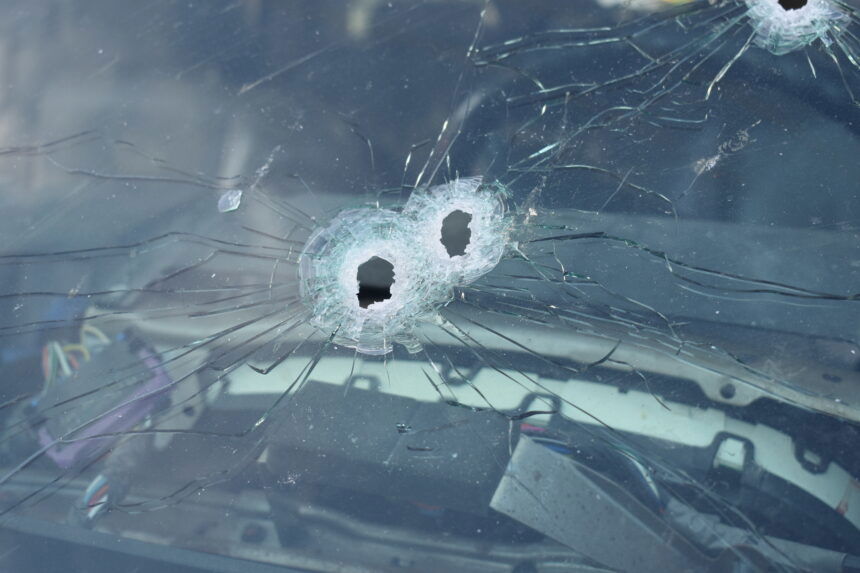
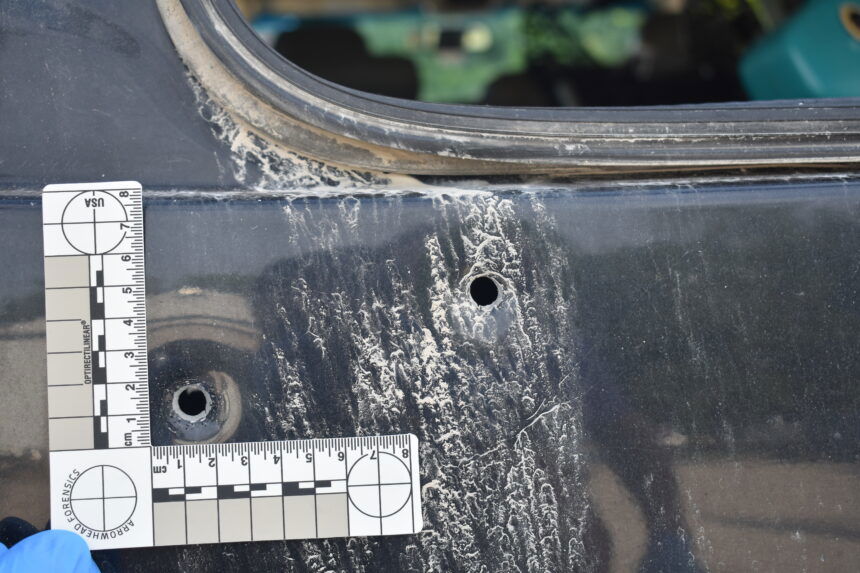
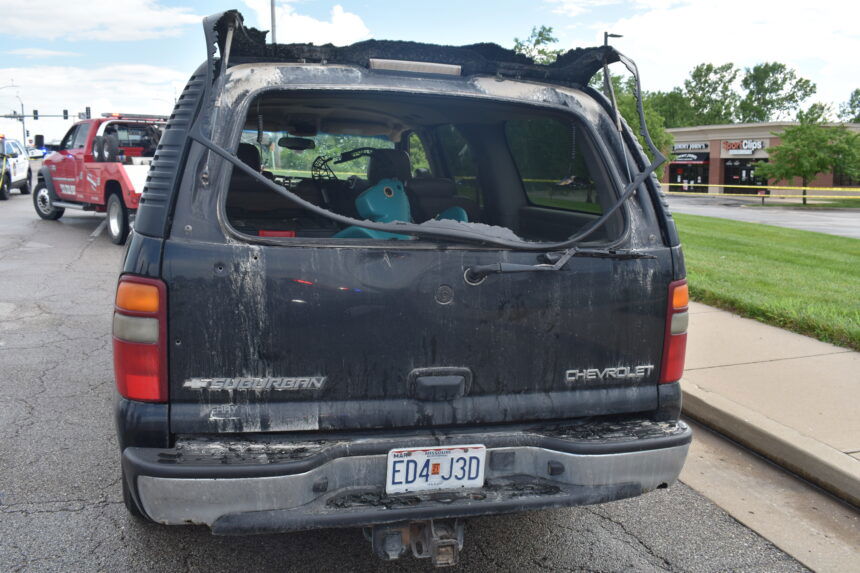
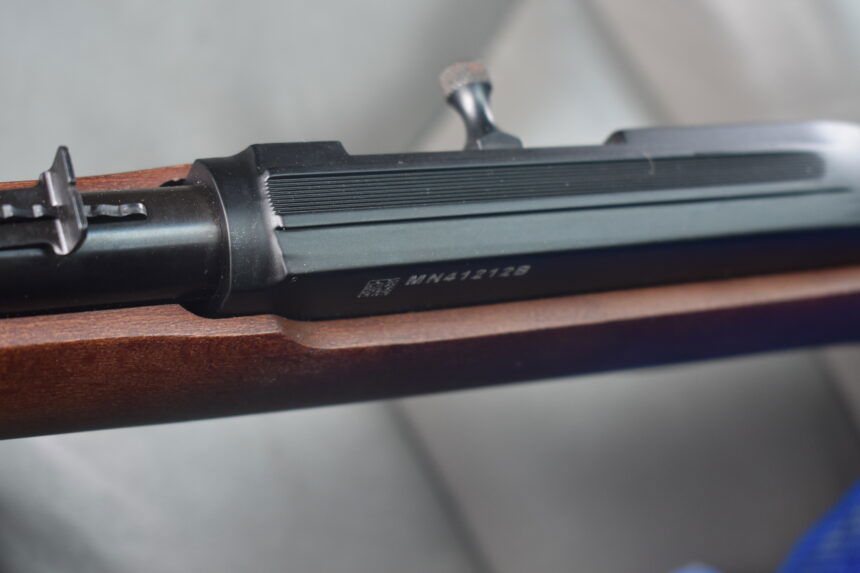
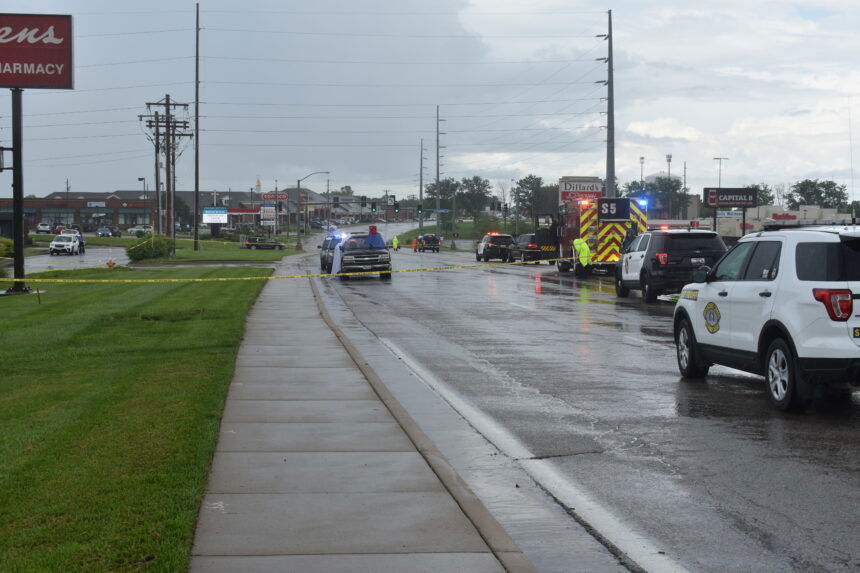
Editor's note: The following story discusses suicide. Anyone can call the National Suicide Prevention Lifeline at 1-800-273-8255. The Department of Veterans Affairs offers mental health resources here.
JEFFERSON CITY, Mo. (KMIZ)
June 7, 2021 marked Officer Dawson Payne's fourth week on the job at the Jefferson City Police Department.
He and his field training officer, John Lehman, were working on his traffic stop procedure along Truman Boulevard on the west side of town. It had been a slow day when around 2 p.m., a black Chevy Suburban with an expired registration tag passed them heading south. Payne pulled the driver over when they began switching through their blinker in different directions.
Payne walked up to the passenger side of the Suburban. A man with eyes "as wide as you can open your eyes" sat in the driver's seat, with a "semi-grin" on his face. A rifle sat in the passenger seat, the barrel rising up to meet Payne's face, he told investigators with the Missouri State Highway Patrol.
The encounter would ultimately lead to the two officers opening fire and killing the driver, 32-year-old Clay Willingham. ABC 17 News obtained the patrol's investigation through an open records request to better understand what happened. The investigation includes dashboard camera video and interviews with witnesses and the two Jefferson City police officers involved. Documents and videos reviewed by ABC 17 News show that Willingham struggled with post-traumatic stress disorder from his time in the Marine Corps, and even told law enforcement days before the shooting that he wanted them to kill him. Some of those close to him felt he forced the police to kill him, often called "suicide by cop."
"I do 100 percent believe that he would have manipulated the situation in order to get killed," his ex-wife told investigators. People interviewed in the investigation are not being named to protect their privacy.
Prosecutors did not charge the two Jefferson City police officers, saying they acted in defense of others. Willingham continued to raise the rifle, pointing the barrel of it out of the passenger window after Payne and Lehman both ran back toward their car. They shouted for him to put his hands out of the window. Lehman shot the back window of the car out when the barrel of the rifle appeared.
"Once that gun raised up from the passenger side and the barrel started exiting the passenger window, I believed there was ill intent against myself and Officer Payne," Lehman said. "That's when I began firing. I did not want that individual to get out of the car and exchange in some kind of, maybe, gunfight."
Personal struggles
Some of those who knew Willingham believed he forced the two officers into a situation where they would kill him, sometimes called "suicide by cop." Willingham, a Marine veteran with two deployments to Afghanistan between 2007 and 2012, struggled with post-traumatic stress disorder, according to his ex-wife and a veterans' advocate who worked with him. Willingham also dealt with a drinking problem, his ex-wife told patrol investigators.
Jennifer von Gillern, director of the Castle's Keepers nonprofit in Virginia, had been working with Willingham and other Marines in Missouri to help him. Von Gillern said veterans close to Willingham asked her to coordinate help for him, and she said she had been speaking with Willingham in the days and minutes before the shooting. She said she believed Willingham forced the officers to shoot him, and his mental condition didn't excuse his behavior.
"He used them," von Gillern told ABC 17 News. "He used them to do what he could not do."
Von Gillern said the Marines that she coordinated to help Willingham also tried to get his guns from him. The Missouri State Highway Patrol wrote that the Marlin .22 caliber rifle in his car had its selector switch on fire. The patrol wrote that the rifle had a double feed malfunction at the time they troopers looked at it, meaning two shells had been lodged into the chamber at the same time.
The June 7 traffic stop was not Willingham's first run-in with law enforcement that month. Callaway County deputies arrested Willingham on June 4 on suspicion of driving while intoxicated. During the stop, according to body camera footage, Willingham told the deputy he felt he was "probably" over the legal blood alcohol content limit to drive. The deputy asked him why he still decided to drive.
"I'm, uh, very depressed," Willingham said. "I'm just struggling right now, man."
"You absolutely cannot have anything in your system from this point until my investigation is done," the deputy said when Willingham asked for his chewing tobacco.
"I would rather you shoot me," Willingham said back.
Deputies said Willingham had a .254% BAC.
Events in the days leading up to Willingham's shooting:
- May 21: Willingham has his final meeting with a Veterans Affairs counselor
- June 4: Willingham shows up at his estranged wife's home exhibiting behavior she says is alarming. That same day he makes a suicidal comment while being arrested in Callaway County for drunk driving.
- June 5: Willingham's wife files for a protection order. Willingham doesn't show up for work at Fulton State Hospital.
- June 7: Willingham is shot after pointing a rifle out the window of his Chevy Suburban during a Jefferson City traffic stop.
Von Gillern said Willingham served in the 3d Combat Engineer Battalion, a unit that she said experienced several suicides. The ex-wife of a fellow Marine veteran from the battalion, von Gillern said the comfort of a "family" unit often helps veterans through dark times.
"If we don't stick together, then we're just going to keep losing them," von Gillern said.
The Truman Veterans Affairs hospital in Columbia screens all veterans who come to it for suicidal thoughts, spokesman Jeffrey Hoelscher told ABC 17 News. He said staff will directly ask patients about suicidal thoughts at least once a year, and sometimes more depending on their care.
"Many veterans simply will not bring up mental health symptoms or suicidal thoughts out of the blue to their provider, and we can't just wait for them to say it, so we ask," Hoelscher said. "By committing to ask every single Veteran in our care at least once a year, we are better able to catch someone before they are in crisis."
Veteran care workers also have a presence at substance abuse and housing organizations like Phoenix Programs and Welcome Home. The V.A. also offers training for other groups that work with veterans to spot signs of suicidal thinking.
The American Psychological Association reports 17 veterans die by suicide per day.
Anyone can call the National Suicide Prevention Lifeline at 1-800-273-8255.
